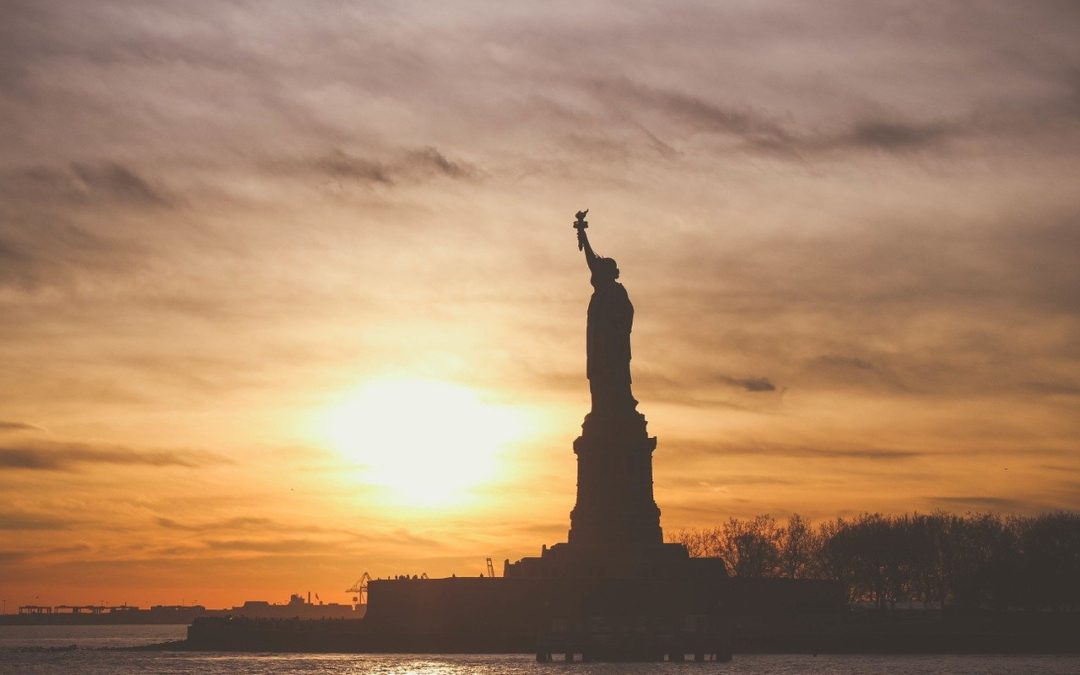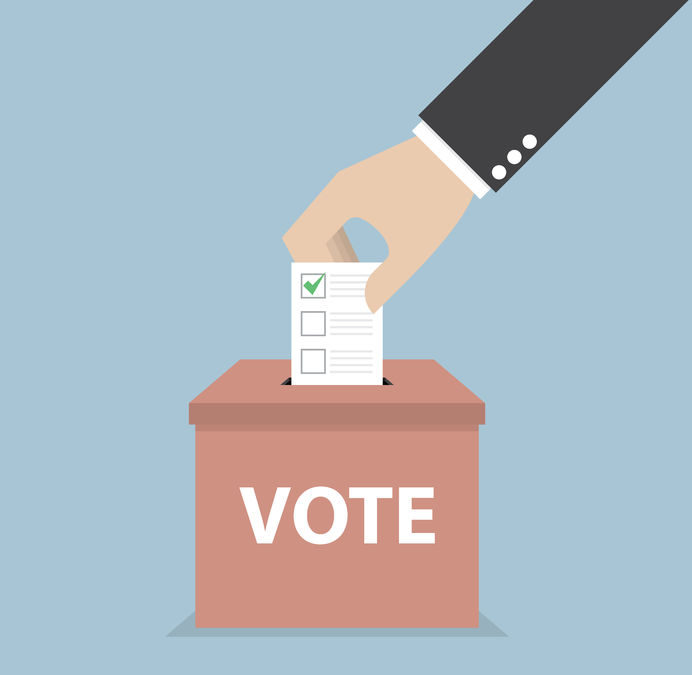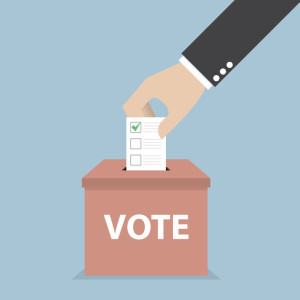FAV Faithful,
As we approach #GivingTuesday and the final month of 2019, I would like to remind you why it is so important we lead the charge to protect the space for civil disagreement and other first amendment freedoms. These are not esoteric ideas that the Founding Fathers developed over two hundred years ago with no contemporary relevance. Every day, we see attacks against religious freedom, freedom of the press, and free expression. I want to take a moment to highlight a current issue trending around the world that has a significant impact on the United States if we sit on the sidelines and do nothing.
Repressive regimes in other countries routinely suppress the free expression of their people. You might want to wash your hands of that problem if you believe that it is up to the people to resolve their own challenges. Many agree with that position. However, what should you do when a foreign power attempts to limit freedom of expression here in the United States? If you are like me, a passionate advocate of the principles embodied within the Constitution, then you might want to challenge foreign government interference in our democratic way of life.
You may recall the recent efforts by the Chinese government to modify the NBA’s statements about the protests in Hong Kong. This is not new for other countries to attempt to limit American free expression by employing corporate interests. In 1980 the government of Saudi Arabia attempted to prevent a British documentary, Death of a Princess, from being aired on PBS. Fortunately, most PBS stations aired the program despite Exxon’s attempts to sway their decision. Exxon had sponsored PBS’ Masterpiece Theater since 1971 and was the largest corporate sponsor at the time and would go on to be the largest corporate sponsor in the history of public television, contributing over $250 million over 32 years. Thus, you could see that the firm might be able to sway PBS’ decision on whether to air a film that could impact business interests. PBS, to their credit, aired the documentary at the time. However, if you haven’t ever seen the film, you might be surprised to find that you also missed the 25th anniversary of its showing in 2005 and can no longer watch it. It has aired twice in the U.S. and only once in Britain, where similar corporate interests attempted to prevent the showing on British television.
Saudi has not limited attempts to stifle free expression to America. They are most aggressive against Saudi citizens routinely bullying them on social media and going so far as to cut Jamal Khashoggi into little pieces in their embassy in Turkey, causing an international outcry. They have also attempted to pressure Qatar to shut down Al Jazeera, a dominant news organization in the Middle East.
Of course, these infringements on basic freedoms are not new. We see examples across the world like currently in Iraq, which is an assault on free assembly and expression. Snipers, allegedly trained by Iran, have consistently been targeting protesters who are simply calling attention to a gross lack of possibilities for jobs and basic services while government leaders enjoy the comforts of luxury all provided by oil wealth. We see less egregious cases in the United States with conservative college students feeling constrained in their ability to voice their opinions or journalists fearing for their own safety from overzealous Trump supporters. While the scale and effectiveness of the domestic attacks may seem minor to some, we cannot allow the erosion of essential freedoms, fundamental human rights, to be walked back. Only U.S. citizens can defend the freedoms. Take a stand today and help FAV advocate and educate on the issues.
With much gratitude,
Steve & the FAV Team
In the News
How 3 Teachers Took on the Civics Gap—NEA Today—this is a great story on teaching civics in the classroom and how innovative teachers can make a difference in student learning.
Thank you to special advisor, Ed Lowry, who submitted this article that describes attributes for civic engagement: Fast Times at Capitalism High — What Young People Need to Thrive – InsideSources
Studies Released: Tools to fight disinformation
From RAND—People have access to more information than ever before. But it can still be hard to distinguish accurate information from low-quality or false content. That’s why RAND created a database of tools aimed at fighting the spread of disinformation online. These include websites run by human fact-checkers, apps that use artificial intelligence to detect bots, and games that teach players how to spot disinformation. The database is part of our Countering Truth Decay initiative, which aims to restore the role of facts and analysis in American public life.Explore the database »
Giving Tuesday
We have made tremendous strides this year in creating forums to allow for civil discourse and understanding around first amendment freedoms. Help us continue to make a difference in our diverse communities across the nation.
$1,000 offers … covers two coffee talks, two VIP tickets, recognition at reception
$500 offers … sustaining member covers the cost of one local coffee talk, free VIP ticket
$250 offers … allows purchase of campus advocacy kit – list materials
$100 offers … support local delegate kit – business cards, other promotional materials
$50 offers … allows free student or veteran attendance at Symposium
$25 offers … basic membership includes special invites & discounts at Symposium
Can’t donate today? – sign up for our free newsletter to learn more about FAV impact
FAV is proud to announce we achieved the Bronze Seal of Transparency from Guidestar already this year. Please consider contributing to FAV as part of your end of year giving.

Upcoming Events
Coming up in DC – 5 December, Times Talks – Women of the 116th Congress
This bi-partisan discussion takes place at the Newseum. Tickets cost $25, get them HERE
San Clemente, CA – January 15 in combination with the i5 Freedom Network. “Should Prostitution Be Legal?”
San Clemente, CA – February 29, Difficult Conversations Workshop – Save the Date

 Consumer activism, which refers to citizens influencing how goods and services are produced, marketed and delivered to consumers, has been around for years. However, the instantaneous nature of digital communications has expedited the ability for consumers to rally support for their causes and persuade companies to change how they do business.
Consumer activism, which refers to citizens influencing how goods and services are produced, marketed and delivered to consumers, has been around for years. However, the instantaneous nature of digital communications has expedited the ability for consumers to rally support for their causes and persuade companies to change how they do business.




 There is a long history of voter suppression for various groups in the United States, with the most common examples being African Americans and women. Although these groups have since obtained the right to vote through the 15th and 19th Amendments respectively, there still exist
There is a long history of voter suppression for various groups in the United States, with the most common examples being African Americans and women. Although these groups have since obtained the right to vote through the 15th and 19th Amendments respectively, there still exist 



